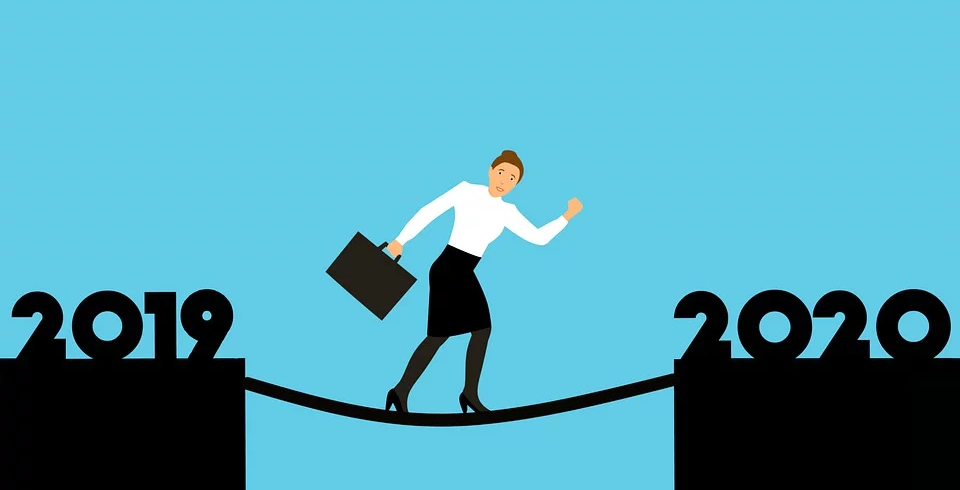“Default” is the term used in business as a reference to an entity’s failure to settle financial obligations. These obligations, of course, includes debts or loan that have been made in the company’s name.
We all know what happens we, personally, are unable to meet our loan payments on time. The question now is this: are the actions taken by creditors in response to defaulted personal loans similar if they are dealing with businesses?
The process is slightly different, but also similar in some aspects.
Creditors Will Collect on Any Guarantee or Security Against the Loans
Just like with secured personal loans, creditors will come and collect on the assets against which the loans were secured in the case of default.
This means that they will seize whatever security you have pledged when you applied for the loan. After that, they will auction these assets and use the proceeds to clear the loan you have defaulted on, and to recover whatever financial losses they have incurred from your failure to settle.
Most budding entrepreneurs will ask: “Will they seize my personal assets in case my business defaults on a loan?”
The answer is: Yes, and No.
If you have penned a Personal Guarantee to settle outstanding loans, then the creditors will go after you personally and grab whatever assets they think have enough value to settle the debt. Signing a Personal Guarantee document takes away the separation between business and personal assets, making the latter fair game for your lenders.
Another scenario in which you could be personally answerable for your business’ debts is when you incorporated as a sole proprietor. With no investors to share assets and cash flow with, you and your business are considered as a single entity in the eyes of the law. Thus, whatever debts your business incurs become your obligations as well.
Lenders Will Charge Fees on Top of Your Obligations
If your loan is unsecured, the creditors will recoup losses by charging additional fees on top of your monthly obligations as penalties for defaulting.
While they may not go after any of your assets, the fees may be so high that you’d be forced to close down operations and sell off assets in order to pay off the outstanding debts. If you have a healthy cash flow, you could consider it as a momentary blip in your finances, from which you can easily recover.
However, if your business is already having financial troubles, this could signal the end for the company. You’d be forced to declare yourself bankrupt, and all your existing assets will need to be liquidated to pay off investors as well as lenders.
What to Do if You’re in Danger of Default
People and businesses both experience hiccups in their financial standing. No matter how good your company is doing now, there could be a time that you’d find it hard to settle accounts.
Fortunately, all creditors are willing to work with their debtors to settle obligations amicably. You could, in your company’s name, call and negotiate a repayment schedule that could be advantageous to both parties involved.
Do you have an existing business loan? Read on to know more what happens when you’re in default. Contact us if you want to do business in Thailand.






